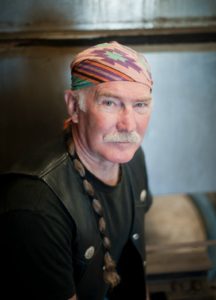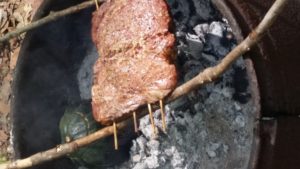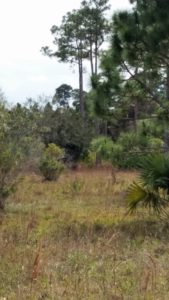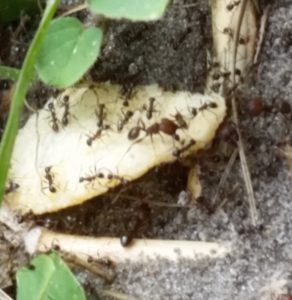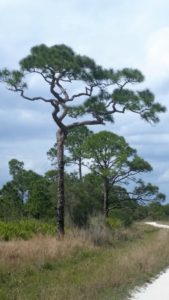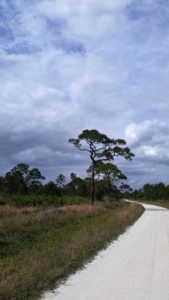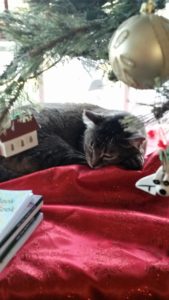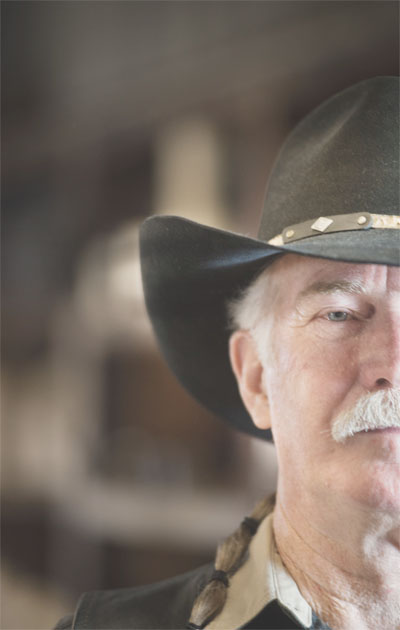Well, it’s officially summer, but I convinced by the temperatures in the nineties. As usual, when I ask around, people don’t remember temperatures like this in upstate New York. I suspect people all over are saying much the same thing. I do remember driving my motorcycle through Tennessee one time when it was ninety-nine with ninety-nine percent humidity. That was brutal. I also remember taking my oldest son across the Mohave desert into California in the cooler hours of the night on another motorcycle trip because it had been one-hundred twenty-three degrees that day in Arizona. In spite of traveling at night, exposed parts of my hands ended up with a “sunburn” from heat radiating up from the highway. Temperatures in the nineties? That shouldn’t keep me from working outside on the house, should it? Or, should it?
Turns out, there may be hope for my gaining wisdom in my old age. I stayed inside and did some editing on my latest manuscript. Smart move, I think. The Amish in our area are still working their fields in this kind of weather. Glad they are. The vegetables they sell in their local produce stand are fantastic. To be fair, most of them are younger than I am. Makes a difference. I know I wouldn’t want to ride through that brutal Tennessee heat and humidity on a motorcycle now either. And, that scorcher in Arizona? Forget it. I’ll let my protagonist, Bobby Navarro, take those rides, and I’ll accompany him through memories rather than recent “research”. Although, I do recall that several days of my last cross-country trip on the bike hovered around one-hundred-twelve degrees. The thing is, once you’re on the road you have to ride. Trouble is, weather has become even less predictable than it was then. And more brutal.
Growing up in northern California, summer heatwaves invited trips to a local stream where we swam in the beaver ponds. The water was always cold and refreshing. And, when my children were young it was trips to the Connecticut shore that seemed a must-do thing. How do you handle those periods of high heat when it seems too daunting to go outside? I’m thinking a good book and hammock strung up in the shade sounds appealing to me. What’s your approach?
